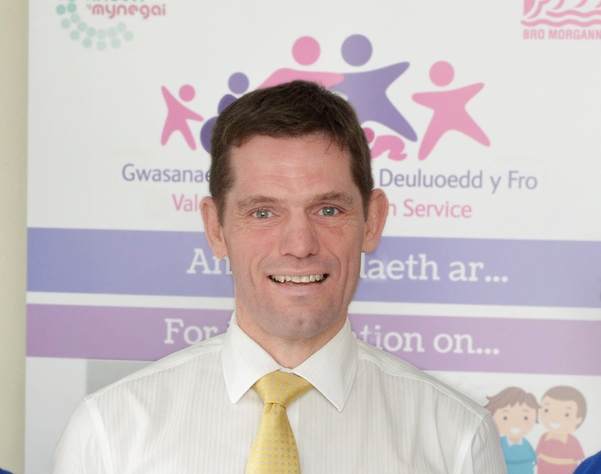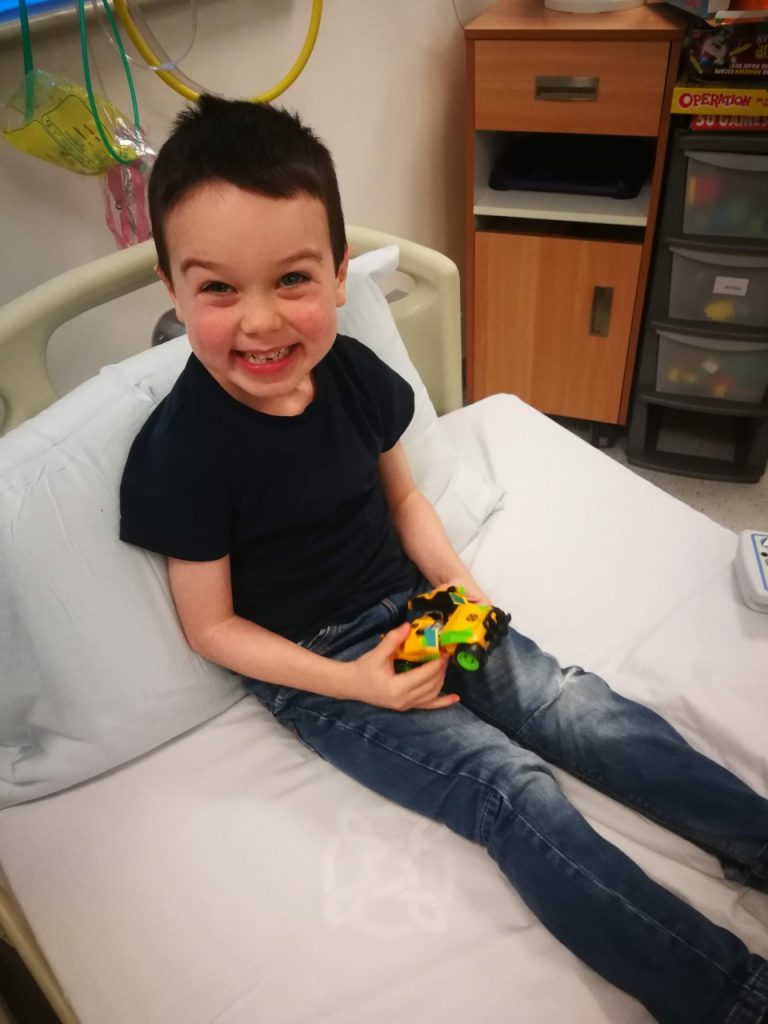This week (26th – 30th April) is Allergy Awareness Week so we spoke to Dr David Tuthill, a consultant paediatrician at the Noah’s Ark Children’s Hospital for Wales, about why allergies can be life-altering for children living with them.
 “[Allergies] can have a significant impact on not just a child’s life but the lives of their family members too. Things that we take for granted need a lot of planning for children with allergies, for example, going out to a restaurant. If the child has a nut, gluten or milk intolerance, the parents have to research the menu beforehand and find out if adjustments can be made. It can sometimes mean that families are so anxious about it that they don’t go out for food at all.
“[Allergies] can have a significant impact on not just a child’s life but the lives of their family members too. Things that we take for granted need a lot of planning for children with allergies, for example, going out to a restaurant. If the child has a nut, gluten or milk intolerance, the parents have to research the menu beforehand and find out if adjustments can be made. It can sometimes mean that families are so anxious about it that they don’t go out for food at all.
There can also be allergy issues that affect children in school. In younger children, class pets (like guinea pigs or rabbits) can be a problem. Families have told me that some schools have made children with severe food allergies sit by themselves at lunchtime, so they won’t be triggered.
Pollen allergies can make life miserable too, due to anxiety around the pollen count being too high, or grass pollen being prevalent. It can even affect the children’s exam results and have a huge impact on learning.”
This is why treatments like immunotherapy for hay fever are so important. Dr Tuthill and his team work to safely expose children to triggering allergens by using droplets under the tongue in the hope of changing their lives for the better.
“If you suspect your child has allergies to pollens, I want you to know that with the right care and treatment, normally they can be effectively managed. The Reach nursing team help advise patient how to use the normal antihistamines and nasal sprays. The medication we use in sublingual immunotherapy, is safe and effective. By exposing a child to triggering allergens, we’re helping to change the body’s reaction. It can have long lasting positive effects and changes the immune system of children with hay fever. 75% of children saw a significant improvement to their pollen allergies after receiving this treatment which is extremely positive.

We also want to try and prevent children becoming allergic to foods in the first place. If the young baby is able to be breastfed that may help. Regularly giving your baby foods like smooth peanut butter and boiled egg from a young age (around 4-6 months), will greatly reduce the chances of allergic reactions later in life. Controlling the eczema with emollients and safe topical steroids may also help.
At the end of the day, we’re here to help empower children to live their lives more fully.”
This is exactly what Dr Tuthill and his team are currently doing for seven-year-old Osian (right). He lives with nine allergies altogether and is receiving immunotherapy treatment to help desensitise him to grass pollen and dust mite allergens. It is hoped that after this three-year course of treatment, Osian will be able to live his life a little more freely without the fear of a severe allergic reaction.








